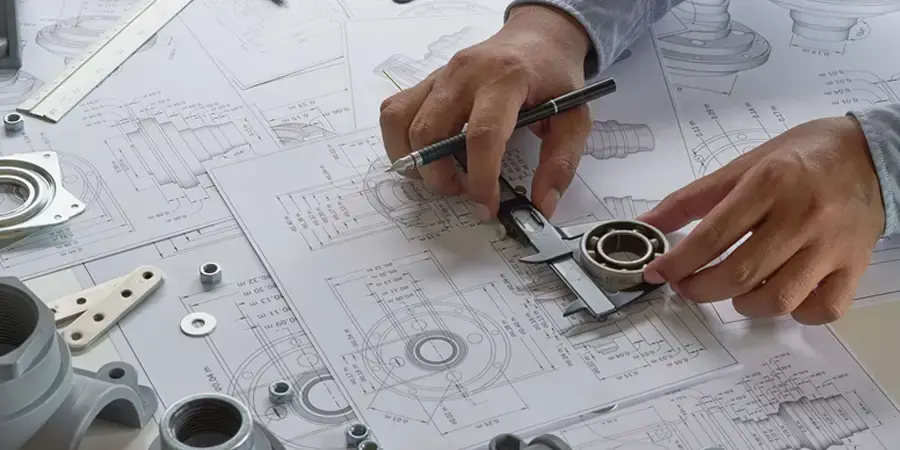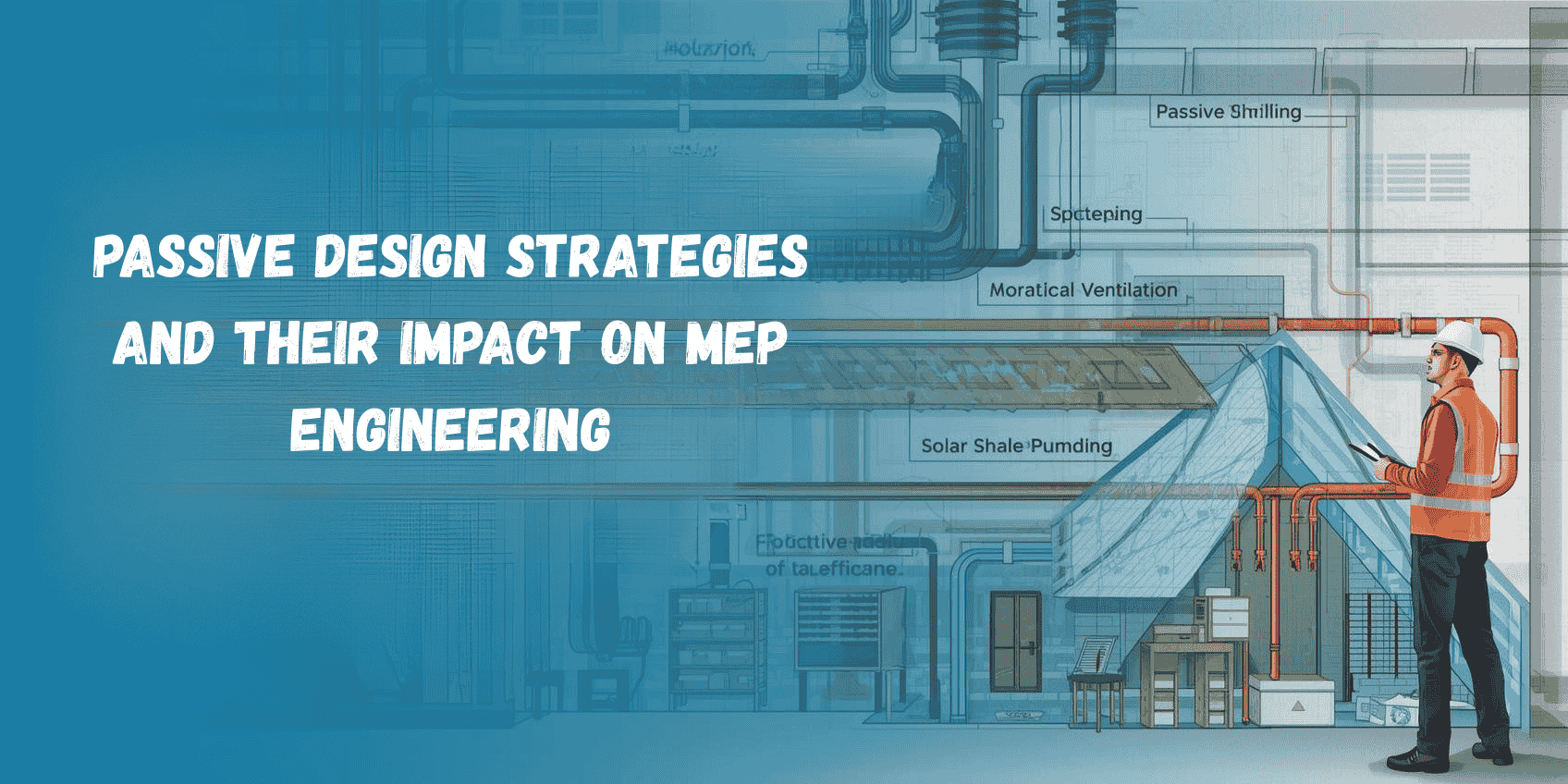
So, you have completed your diploma in mechanical engineering, brilliant! You have already laid a solid foundation in one of the most versatile engineering branches. But what next? The journey does not stop here. In fact, this is just the beginning of an exciting world of opportunities that lie ahead. While a diploma gives you the technical fundamentals, the job market today demands more. Employers are on the lookout for professionals who are not only knowledgeable but also skilled in cutting-edge tools and technologies. That is where courses after a diploma in mechanical engineering come into play.
Whether you are aiming to boost your employability, switch to a niche field like MEP engineering, or dream of working on futuristic buildings with BIM MEP software, there is a course tailored just for you.
Let us dive into why upskilling is not just beneficial, but essential, for your career growth.
Why Upskilling is Essential After a Diploma in Mechanical Engineering
The engineering world is evolving fast, and staying updated is no longer optional. While a diploma opens the door, additional certifications are what push you through it with confidence. Upskilling enhances your technical know-how, polishes your problem-solving abilities, and introduces you to tools used by modern-day engineers.
Ask yourself, what is the job of a mechanical engineer today? It is no longer limited to just designing or maintaining machines. Now, mechanical engineers are stepping into fields like MEP design, MEP system development, and even managing intelligent infrastructure using MEP BIM services. These roles require you to be familiar with new-age tools, processes, and concepts that are often not covered in diploma-level education.
Moreover, with global construction and infrastructure projects booming, the mechanical engineering job scope has expanded significantly. Especially with the rising demand for MEP services, engineers with MEP and BIM expertise are securing higher salaries and better roles. The bottom line? If you want to land high-paying and future-proof roles, upskilling is the way forward.
Top Certification After Diploma in Mechanical Engineering

The beauty of the modern learning landscape is the sheer variety of courses you can take to carve out your dream career. After your diploma, you are not limited to just traditional job roles—you can explore highly specialised and future-ready fields that offer excellent career growth. Let us walk through some of the top certification and skill-based courses after a diploma in mechanical engineering, including a few standout options that are making waves in the industry.
Also read: Top 50 MEP Interview Questions & Answers 2026
|
Course Name |
Fees |
Duration |
Eligibility |
Provider |
|
BIM Professional Program for MEP Engineers by Novatr |
INR 1,95,000 |
7 Months |
AEC professionals can apply for this course |
Novatr |
|
Master Certificate in MEP Design |
NA |
3-4 Months |
Mechanical, Electrical, Civil, and Chemical Engineers, Architects, Construction professionals, and Anybody who wants to build a career in MEP engineering |
CADD Centre |
|
Fundamentals of Electrical Systems and Architecture |
NA |
1 Month |
AEC professionals can apply for this course, and Anybody who wants to build a career in MEP engineering |
Skill- Lync |
|
MEP Design and Drafting |
NA |
3–6 months |
Diploma in Mechanical/Electrical/Civil |
SMEC Labs, MEP Centre, AIA Academy |
|
HVAC Design & Drafting Course |
NA |
2–6 months |
Diploma/B.Tech in Mechanical Engineering |
AIA Academy, CADD Centre |
How Novatr’s BIM MEP Course Helps Mechanical Engineers Transition into High-Demand Roles
So, you have completed your diploma in mechanical engineering. What’s next? If you are aiming for a career that is future-proof, globally relevant, and offers excellent salary growth, then Novatr’s BIM MEP course might just be your best next step. This course is designed to help mechanical engineers smoothly transition into high-demand roles in the booming field of MEP engineering. Let us look at how it does that:
1. Built for Mechanical Engineers
This course is tailor-made for diploma and degree holders in mechanical engineering. It builds directly on your technical foundation and helps you upskill in the high-demand field of MEP engineering.
2. Complete MEP Design Mastery
You will learn all the core areas of MEP design, from HVAC and electrical to plumbing and fire protection. These are the essential systems that power every modern MEP building, and you will know exactly how to design and coordinate them.
3. BIM MEP Software Skills That Employers Want
Gain hands-on experience with industry-standard tools like Revit, Navisworks, and AutoCAD. These skills are essential for anyone entering MEP BIM services, where efficiency and accuracy are key.
4. Real-World Project Experience
You will work on large-scale infrastructure simulations that mirror real-world challenges. This practical exposure makes you job-ready and boosts your portfolio instantly.
5. Mentorship from Top Industry Experts
Learn from working professionals who have been part of some of the biggest MEP services and BIM-based construction projects. You will get the inside scoop on industry trends, expectations, and best practices.
Also Read: Who is a MEP Engineer? (Skills, Qualifications, Scope & More)
6. Flexible, Online Learning Format
Busy schedule? No problem. The course is entirely online and self-paced, giving you the freedom to learn while working or managing other commitments.
7. Globally Recognised MEP Course Certificate
Upon completion, you receive a professional MEP course certificate that is valued by employers in India, the Middle East, Europe, and beyond.
8. Understand the True MEP Meaning in Construction
Learn how MEP systems are planned, integrated, and optimised to improve building performance. This goes far beyond theory, it is a full understanding of what is MEP course content in the context of real construction needs.
9. Transparent MEP Course Duration and Fees
Novatr clearly outlines the MEP course duration and fees, with support available to guide you through the enrolment process. Plus, EMI options make it financially accessible.
10. Expand Your Career Horizon
The course opens up exciting job opportunities for MEP engineers in areas like smart infrastructure, green buildings, airports, hospitals, and large-scale commercial projects.
11. Boost Your Mechanical Engineer Salary
With BIM and MEP specialisation under your belt, your earning potential shoots up. Many Novatr graduates land roles with significantly higher mechanical engineer salary packages compared to traditional paths.
12. Bridge into Electrical Fundamentals
Since MEP engineering overlaps with electrical systems, the course helps you grasp the basics—an advantage for those curious about what is electrical engineering and wanting to boost their edge in electrical engineering jobs.
Conclusion
To sum it up, your diploma in mechanical engineering is your launchpad. But to soar, you need the wings of specialisation and skill. The world is full of opportunities, but only for those who are ready to adapt and grow. Whether you are eyeing a niche like MEP engineering, eager to master BIM MEP software, or curious about what the MEP course offers, there are numerous courses after a diploma in mechanical engineering that cater to your ambitions. From boosting your employability to exploring better job roles and commanding a higher mechanical engineer salary, the benefits of upskilling are crystal clear.
Also Read: How to transition from Mechanical Engineer to BIM Mechanical Engineer
So invest in learning, choose the course that most accurately fits your job goals, and start on the path to becoming a proficient MEP expert! You should consider checking the BIM Professional Program for MEP Engineers by Novatr.
Was this content helpful to you



.jpeg)


.png)
